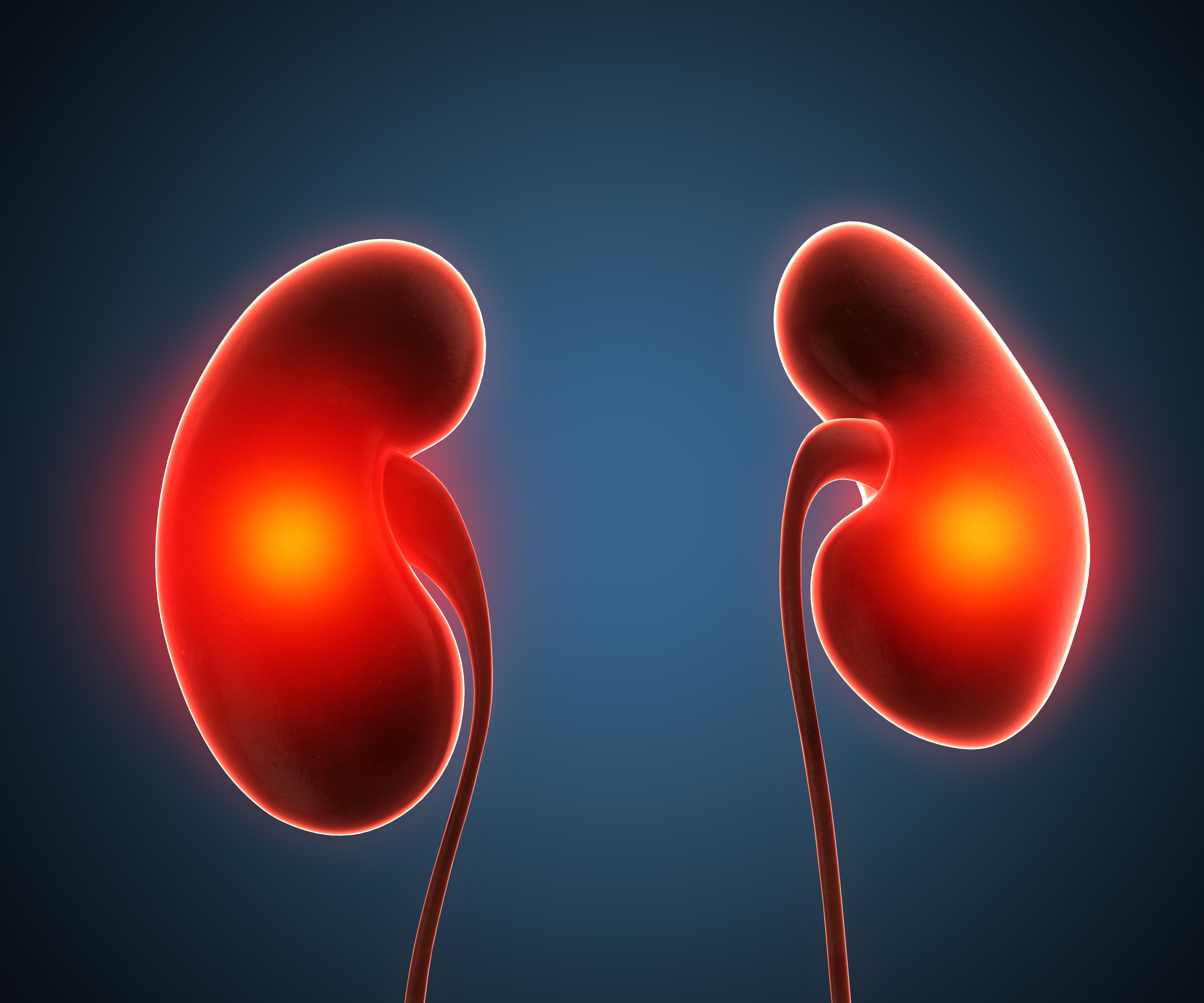Article
Testosterone Therapy Slows Prostate Cancer
Author(s):
New research suggests that strategically timed injections of testosterone may significantly extend the lives of some men with prostate cancer. Doctors at Johns Hopkins Kimmel Cancer Center provided such injections (along with 14 days of the oral chemotherapy etoposide) to 16 men whose tumors had become resistant to androgen deprivation therapy (ADT). A pair of those patients experienced side effects and dropped out of the study. The rest received at least 2 more 400 mg injections, spaced at 28-day intervals, while they kept taking chemicals designed to suppress natural androgen production.

New research suggests that strategically timed injections of testosterone may significantly extend the lives of some men with prostate cancer.
Doctors at Johns Hopkins Kimmel Cancer Center provided such injections (along with 14 days of the oral chemotherapy etoposide) to 16 men whose tumors had become resistant to androgen deprivation therapy (ADT). A pair of those patients experienced side effects and dropped out of the study. The rest received at least 2 more 400 mg injections, spaced at 28-day intervals, while they kept taking chemicals designed to suppress natural androgen production.
The study team, which dubbed its protocol bipolar androgen therapy (BAT), compared baseline blood work with tests performed after 3 injections and found significantly lower levels of prostate specific antigen (PSA) in half the study group. Indeed, PSA levels declined by 47% or more in 6 of the 7 men.
CT scans taken 91 days after baseline in the 10 patients who began the study with detectable metastases revealed progressive disease in 2 men and stable disease in 3 men. Metastases in 4 other patients had shrunken substantially and metastases in the last patient had disappeared altogether.
Among patients who responded at all to the injections, the responses were long lasting. PSA levels, on average, declined or held steady through 7 months of intermittent injections before they started rising again, and 4 patients remained on the therapy for more than a year.
Another apparent benefit of the testosterone treatment was its ability to make standard ADTs work again. The researchers returned 10 patients to ADT after they stopped responding to BAT and PSA levels dropped anywhere from 30.8% to 99.5% in all 10 of them.
“Resistance [to ADT] develops in part because castration-resistant prostate cancer (CRPC) cells adaptively up-regulate androgen receptor levels through overexpression, amplification, and expression of ligand-independent variants in response to chronic exposure to a low-testosterone environment,” the study authors wrote in
Science Translational Medicine.
“However, preclinical models suggest that androgen overexpression represents a therapeutic liability that can be exploited via exposure to supraphysiologic testosterone to promote CRPC cell death… BAT shows promise as treatment for CRPC and should be further evaluated in larger trials.”
The authors of the paper noted that earlier research had shown that high levels of testosterone can sometimes kill prostate cancer cells, and they hypothesized that CRPC might prove particularly vulnerable if its adaptations to a low-androgen environment disabled its protections against excess testosterone.
The treatment protocol attempted to overwhelm the cancer by injecting patients with more testosterone than they would ever produce on their own.
It then allowed those levels to plummet back near zero before starting the process again — a pattern that forced the cancer to survive in many different environments rather than specializing itself to thrive in a consistent habitat.
Studies have yet to determine how testosterone kills prostate cancer cells in the lab let alone how it worked in this study.
As for the observation that BAT made patients respond again to ADT, the authors of the paper hypothesized that tumors adapted to the testosterone surges by producing fewer androgen receptors and, thus, could not get enough androgen to grow when treatment ended.
“There has been a groundswell of interest in the idea of reversing resistance to androgen deprivation therapy. We have plenty of anecdotes and some evidence in this small study, but it’s important to test it in larger groups of patients,” said Samuel Denmeade, MD, an oncologist at Johns Hopkins Kimmel Cancer Center who was the senior author of the paper.
Denmeade and his colleagues have already begun testing BAT on a cohort of 60 patients and they hope to get a national trial underway sometime this spring





